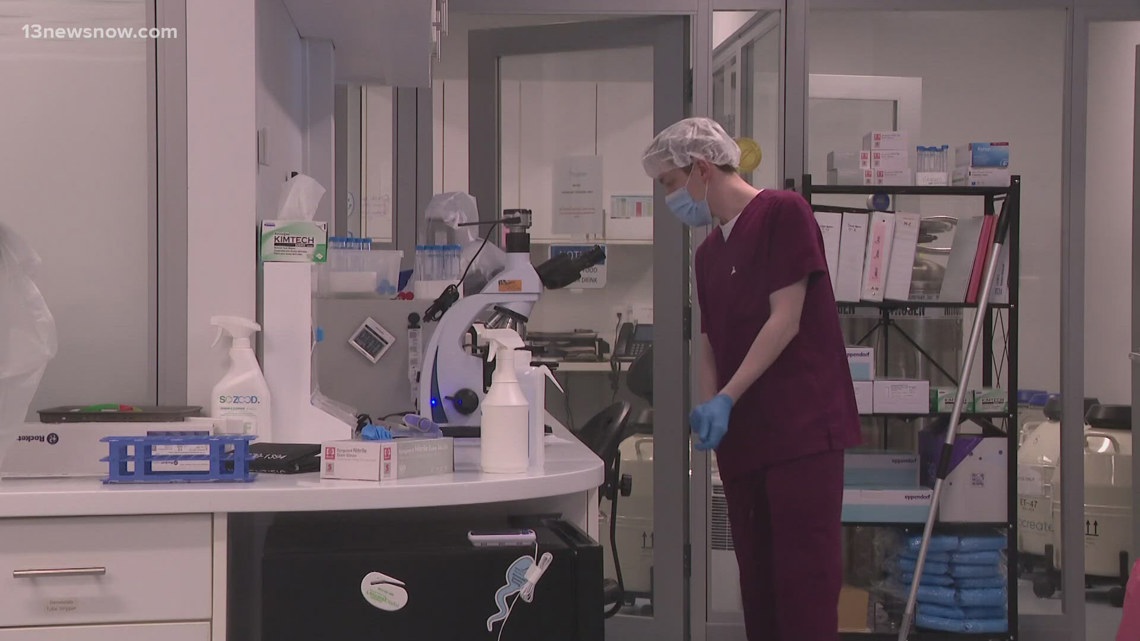Virginia Considers Landmark Bill: Will Infertility Treatment Become a Standard Health Benefit?

Virginia is on the cusp of a significant shift in healthcare access, potentially making infertility treatment more affordable and accessible for countless couples. A newly proposed bill is gaining traction in the state legislature, aiming to designate infertility care as an essential health benefit. This move could dramatically alter the landscape for individuals and families struggling to conceive, offering much-needed financial relief and hope.
The Current Landscape: A Financial Burden
Currently, infertility treatment, which can include procedures like IVF (In Vitro Fertilization), medications, and diagnostic testing, is often excluded from standard health insurance coverage. This leaves many couples facing exorbitant out-of-pocket expenses, often exceeding tens of thousands of dollars. The financial strain can be devastating, forcing some to delay or forgo treatment altogether, impacting their dreams of parenthood.
The Proposed Bill: A Game Changer?
The proposed legislation seeks to change this by mandating that infertility treatment be included as part of the essential health benefits package. Essential health benefits are a set of services that health insurance plans must cover under the Affordable Care Act (ACA). If the bill passes, Virginia insurers would be required to offer coverage for a range of infertility services, potentially including diagnostic testing, ovulation induction, intrauterine insemination (IUI), and IVF.
Why This Matters: Broader Implications
The move to include infertility care as an essential health benefit has far-reaching implications. Firstly, it would significantly reduce the financial burden on individuals and couples struggling with infertility. Secondly, it would increase access to treatment, allowing more people to pursue their family-building goals. Thirdly, it sends a powerful message that infertility is a legitimate medical condition deserving of coverage, destigmatizing the challenges faced by those affected.
Challenges and Opposition
While the bill enjoys broad support, it also faces challenges. Concerns have been raised about the potential impact on insurance premiums and the cost of healthcare for all Virginians. Opponents argue that adding infertility treatment to essential health benefits could drive up costs, potentially leading to higher premiums for everyone. Proponents counter that the long-term benefits of improved reproductive health and family stability outweigh the potential costs. They also emphasize that many other medical conditions with significant costs are already covered under essential health benefits.
What’s Next?
The bill is currently undergoing review and debate in the Virginia legislature. Advocates are actively lobbying for its passage, highlighting the personal stories of individuals and couples who have been impacted by the lack of insurance coverage for infertility treatment. The outcome remains uncertain, but the momentum behind the bill suggests a real possibility of change. If passed, Virginia would join a growing number of states that have already taken steps to expand access to infertility care.
Looking Ahead: A National Trend?
Virginia’s consideration of this bill could serve as a catalyst for similar legislative efforts in other states across the nation. As awareness of the financial and emotional toll of infertility grows, the pressure on lawmakers to address this issue is likely to intensify. The potential inclusion of infertility treatment as an essential health benefit in Virginia represents a significant step towards a more equitable and accessible healthcare system for all.





